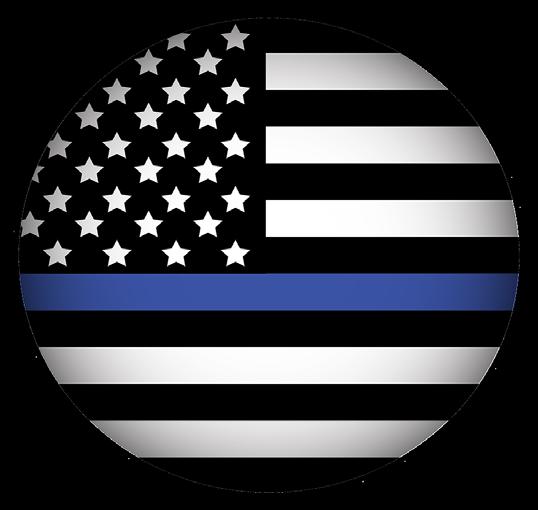Navy Veteran William Reynolds, PA-C, on Overcoming the Stigma of Seeking PTSD Treatment Post-traumatic stress disorder (PTSD) has been with us since the invention of warfare. Fortunately, with advances in mental health care, treating this potentially debilitating condition is highly effective. Yet, even today, there remains significant stigma that poses an obstacle to veterans who might seek treatment. Here, Lt. Cmdr. William Reynolds, USN, (Ret.), PA-C, Director of the Military and First Responder Trauma Recovery Program at Sierra Tucson, shares his views on how to overcome that stigma, along with thoughts about treatment options and words of hope. What’s your background in the military? I’m a 30-year veteran, spending that entire time in Navy medicine. I served on an aircraft carrier and on fast attack submarines. I spent a lot of time with the U.S. Marine Corps and served as a medical officer for a Navy SEAL team. My toughest deployment was in Iraq, when I was stationed with a mobile surgical company – just like the MASH unit from the old TV show. We received injured Marines around the clock for seven months. That’s where I became interested in trauma treatment. I actually sent myself to treatment for alcohol misuse and knew that I wanted to do psych work with veterans. I found that getting sober was instrumental in helping me heal from my own PTS symptoms. You refer to PTSD as PTS. What is the difference and why is it important? PTSD is a diagnostic code that the healthcare industry uses, but I think the word “disorder” in PTSD stigmatizes a very normal, human response to abnormal situations. It’s really hard for anybody to raise their hand and say, “Hey, I’m an alcoholic.” Or, “I use heroin and have trauma, and I want to go into treatment.” For veterans there’s already a huge stigma in asking for help of any kind, because it goes against everything we were ever taught. And when you call trauma a disorder, you’re further stigmatizing the condition. We want to remove all barriers for people seeking treatment. 22
WWW.HomelandMagazine.com / JUNE 2022
How can veterans recognize the mental health warning signs of PTS? People with PTS often self-medicate, so the condition shows up most commonly as substance misuse, such as increased drinking or drug use. PTS can also show up as other addictive behaviors around social media, food, sex or any other way to tune out. Many veterans talk about having unsettled memories from when they were deployed. Classic PTS symptoms include nightmares; hypervigilance, which is always being super aware of your surroundings; elevated anxiety; having an easy startle reflex, and flashbacks. Sometimes PTS will show up subtly as just increased irritability and depression. How can veterans overcome the stigma of seeking treatment for PTS? I think the military is doing its best to encourage servicemembers and veterans to seek treatment – and it’s great when that encouragement comes from upper leadership. It’s even better when it comes from the officer you report directly to. Peer support also can have a huge impact. Seeing someone your own age who’s gotten sober or has gone to treatment for PTS and is living well in recovery – I don’t think there’s anything more powerful.





















